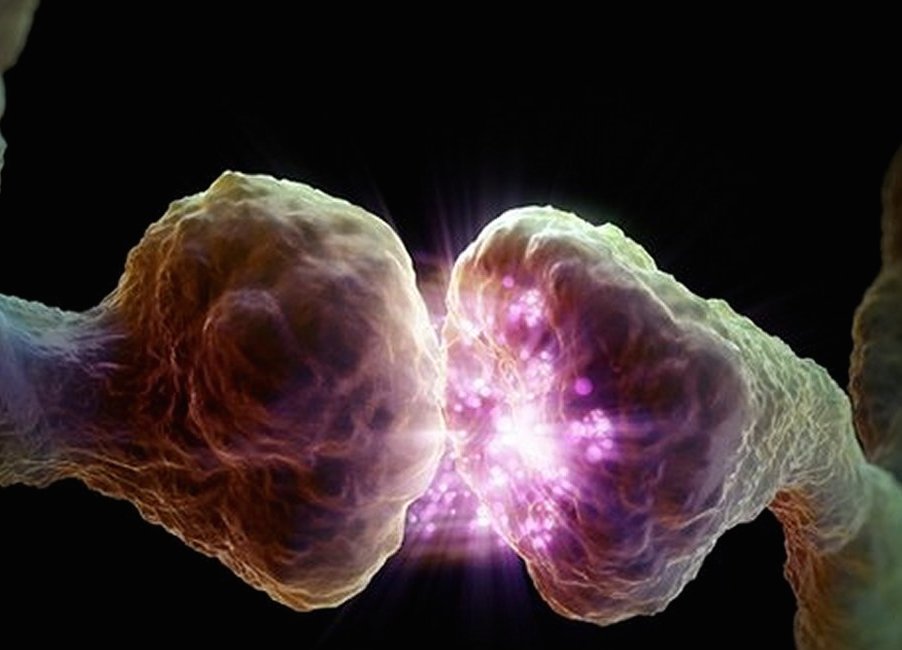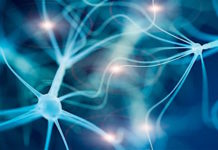New evidence puts into doubt the long-standing belief that a deficiency in serotonin – a chemical messenger in the brain – plays a central role in depression. In the journal ACS Chemical Neuroscience, scientists report that mice lacking the ability to make serotonin in their brains (and thus should have been “depressed” by conventional wisdom) did not show depression-like symptoms.
Donald Kuhn and colleagues at the John D. Dingell VA Medical Center and Wayne State University School of Medicine note that depression poses a major public health problem. More than 350 million people suffer from it, according to the World Health Organization, and it is the leading cause of disability across the globe. In the late 1980s, the now well-known antidepressant Prozac was introduced. The drug works mainly by increasing the amounts of one substance in the brain – serotonin. So scientists came to believe that boosting levels of the signaling molecule was the key to solving depression. Based on this idea, many other drugs to treat the condition entered the picture. But now researchers know that 60 to 70 percent of these patients continue to feel depressed, even while taking the drugs. Kuhn’s team set out to study what role, if any, serotonin played in the condition.
To do this, they developed “knockout” mice that lacked the ability to produce serotonin in their brains. The scientists ran a battery of behavioral tests. Interestingly, the mice were compulsive and extremely aggressive, but didn’t show signs of depression-like symptoms. Another surprising finding is that when put under stress, the knockout mice behaved in the same way most of the normal mice did. Also, a subset of the knockout mice responded therapeutically to antidepressant medications in a similar manner to the normal mice. These findings further suggest that serotonin is not a major player in the condition, and different factors must be involved. These results could dramatically alter how the search for new antidepressants moves forward in the future, the researchers conclude.
Source: Mariana Angoa-Pérez, Michael J. Kane, Denise I. Briggs, Nieves Herrera-Mundo, Catherine E. Sykes, Dina M. Francescutti, Donald M. Kuhn. Mice Genetically Depleted of Brain Serotonin Do Not Display a Depression-like Behavioral Phenotype. ACS Chemical Neuroscience, 2014; 140812102725008 DOI: 10.1021/cn500096g
















[…] This also helps explain why a high-protein diet can make someone cranky. Dr. Wurtman shed light on this, “A woman who goes on one of those high protein diets may find within a couple of days a feeling that she is less calm and less content and less able to control her emotions than she was before she started the diet.” The dieter might say, “I’m not hungry on the diet, but I can’t stay on it anymore because I have to have carbs!” Insufficient tryptophan is making its way past the blood brain barrier, provoking a serotonin deficiency. […]